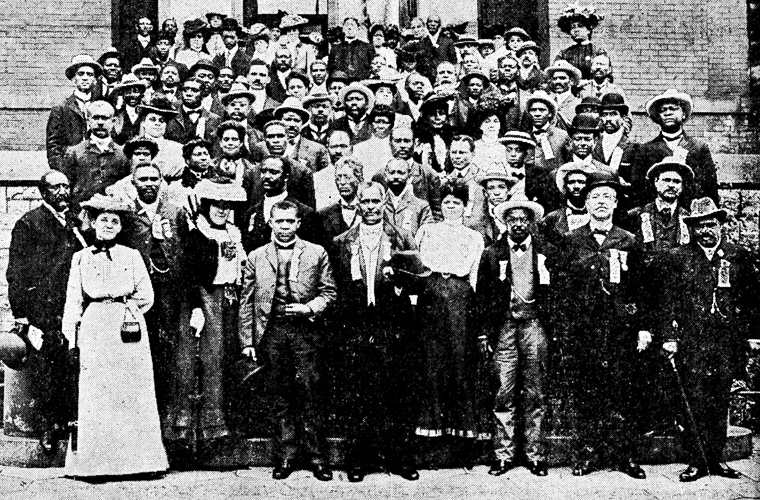The American Negro Academy (ANA) was founded in 1897 in Washington, DC by Reverend Alexander Crummell, an Episcopal priest, scholar, and activist who had spent 20 years as a missionary in Liberia. The ANA was the first organization in the United States to support African-American academic scholarship and to promote classical academic studies and liberal arts among African Americans. It was also the first society of blacks that would specifically advocate for the “Talented Tenth” ideas later popularized by founding member W.E.B. Du Bois.
The ANA consisted of men from various backgrounds and professions, such as law, medicine, literature, religion, and community activism. They shared a common goal of advancing the interests and rights of their people and challenging racism and discrimination. The ANA members produced a number of publications that discussed and analyzed the African American experience and the issue of racism, such as Disenfranchisement of The Negro by J.L. Lowe, Comparative Study of The Negro Problem by Charles C. Cook, and The Status of the Free Negro from 1860-1970 by William Pickens.
The ANA also held annual meetings where they invited prominent speakers and guests to address various topics related to African American history, culture, politics, and education. Some of the notable speakers included Booker T. Washington, Marcus Garvey, Mary Church Terrell, Carter G. Woodson, Alain Locke, James Weldon Johnson, and Arturo Alfonso Schomburg. The ANA meetings were attended by hundreds of people and received coverage from both black and white newspapers.
The ANA operated until 1928, when it was dissolved due to financial difficulties and internal conflicts. However, its legacy was continued by other organizations and movements that emerged during the Harlem Renaissance and beyond, such as the National Association for the Advancement of Colored People (NAACP), the National Urban League, the New Negro Movement, the Black Arts Movement, and the Black Academy of Arts and Letters (BAAL). The ANA was a pioneering organization that paved the way for black intellectual leadership and scholarship in the United States and abroad.

